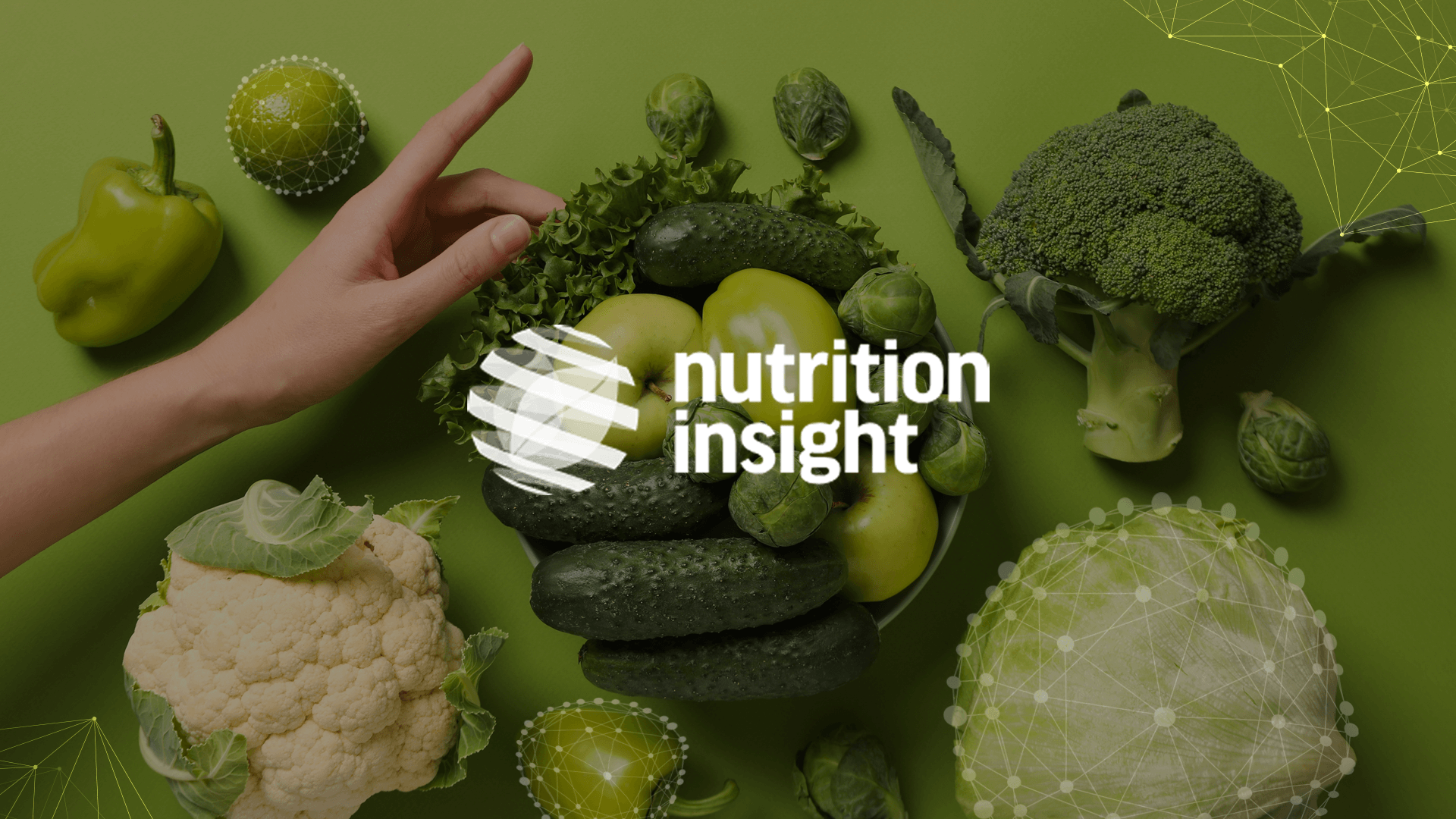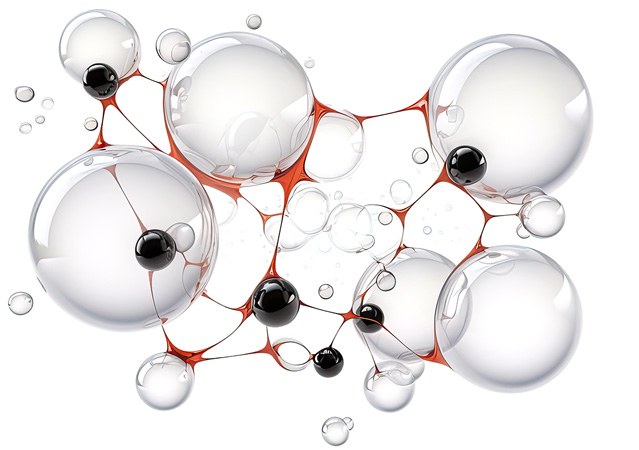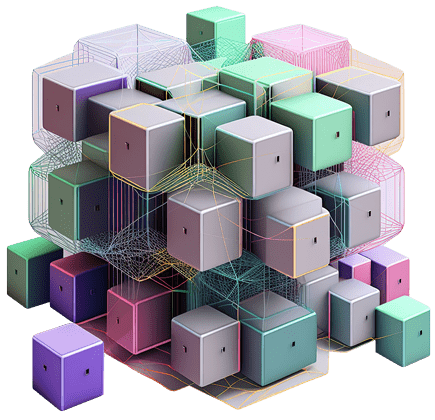Originally published in Nutrition Insight on October 22, 2025, by Jolanda van Hal.
Artificial intelligence is redefining how we design and produce food, not just for better nutrition but for a healthier planet. This mission was at the heart of the AI for Food Product Development Symposium, hosted by the AI Institute for Next Generation Food Systems (AIFS) at the University of California, Davis.
Held on October 13, 2025, the event gathered AI specialists, food scientists, and industry leaders to discuss how data-driven tools can accelerate sustainable innovation across the global food chain.
Bridging food, health, and sustainability
AI offers a way to connect agriculture, nutrition, and health in ways previously impossible. Ilias Tagkopoulos, Ph.D., PIPA’s founder, director of AIFS, and professor of computer science at UC Davis, explained that the institute’s work focuses on understanding how nutrients and bioactive molecules such as proteins, fibers, flavonoids, and polyphenols affect human health and the environment.By linking molecular food composition to farming practices, researchers can reveal how production methods shape both nutritional quality and sustainability outcomes. Tagkopoulos highlighted an AIFS–American Heart Association project that compares the molecular profiles of almonds, wheat, and apples across 100 farms, connecting agricultural practices with bioactivity and health effects.
“For the first time, you can say what we can do in the field that’s great for the product, our society, and the planet,” said Tagkopoulos.
AI as the connective tissue
Founded with US$20 million in federal funding, AIFS was one of seven U.S. AI institutes established through a congressional initiative. Its research spans the full food system — from molecular breeding and agricultural production to processing, distribution, and nutrition — all guided by ethical and socio-economic principles. Tagkopoulos describes AI as “the glue that connects data, methods, and people”. Beyond research, AIFS invests in education and workforce training to prepare the next generation to integrate AI into food and agriculture.
Breaking barriers to adoption
Despite growing interest, implementing AI in food innovation remains difficult. Fragmented data, disconnected disciplines, and limited integration slow progress. Tagkopoulos advocates for a frictionless approach that makes AI tools easy to use within existing workflows rather than demanding entirely new processes.
He emphasized that collaboration and shared vision are essential. Policymakers, investors, and companies need to understand how digital systems create value in both health and sustainability. Building these connections requires training people to co-create with AI, developing both technical fluency and the ability to work alongside intelligent systems.
Tackling data and talent challenges
AI’s impact depends on access to high-quality, structured data; something the food industry still lacks. Tagkopoulos cited efforts like the Periodic Table of Food Initiative, which is cataloguing molecular food composition, but noted that food remains “multifaceted and multidimensional”. Advanced methods such as transfer learning, similar to DeepMind’s AlphaFold, could help smaller food datasets learn from larger biological ones, accelerating discovery.
Talent and investment also remain hurdles. AI experts can earn around US$300,000 early in their careers, far exceeding salaries in the food industry. “Investment, ecosystem development, and a relentless focus on human and planetary health in this trillion-dollar industry is essential to succeed,” Tagkopoulos concluded.
The AIFS symposium underscored both the promise and complexity of AI in reshaping food systems. With collaboration, investment, and the right data, AI could help create a future where nutrition enhances health while sustaining the planet.


